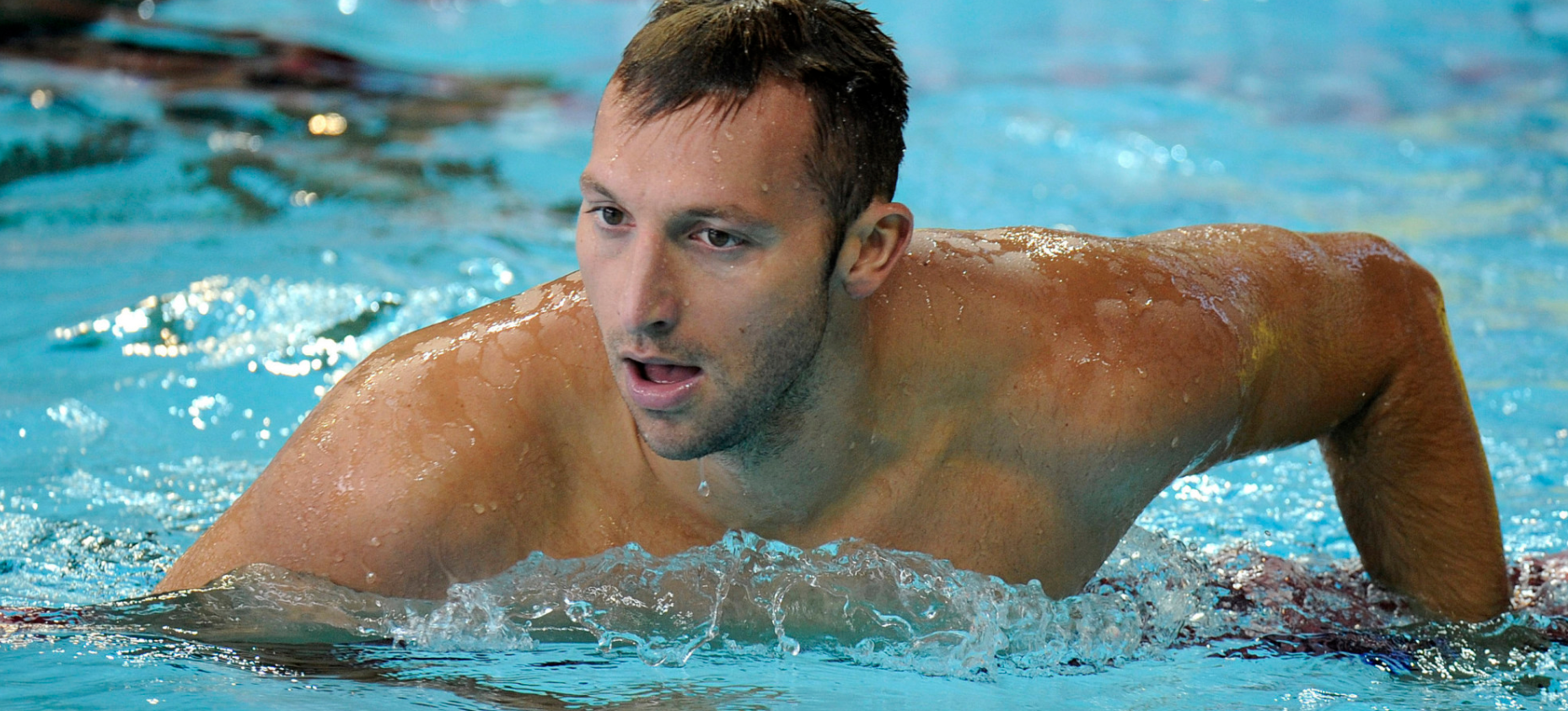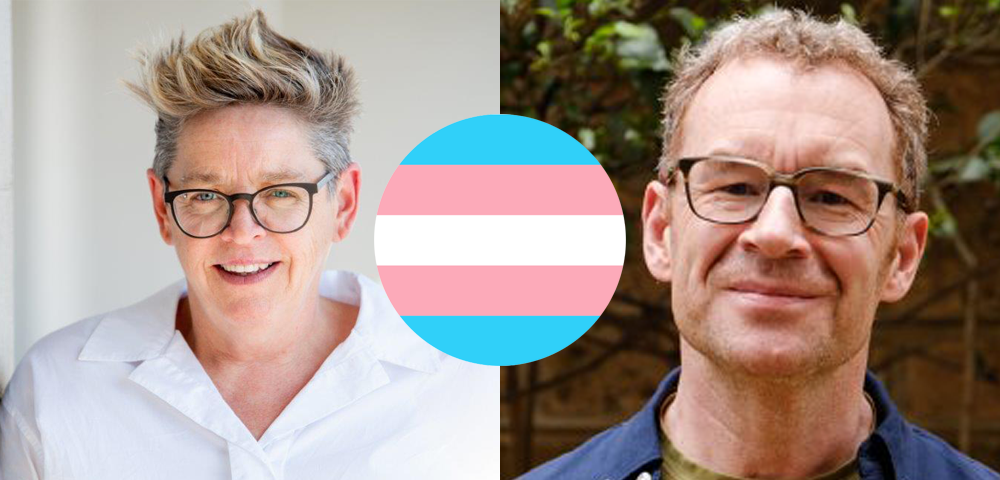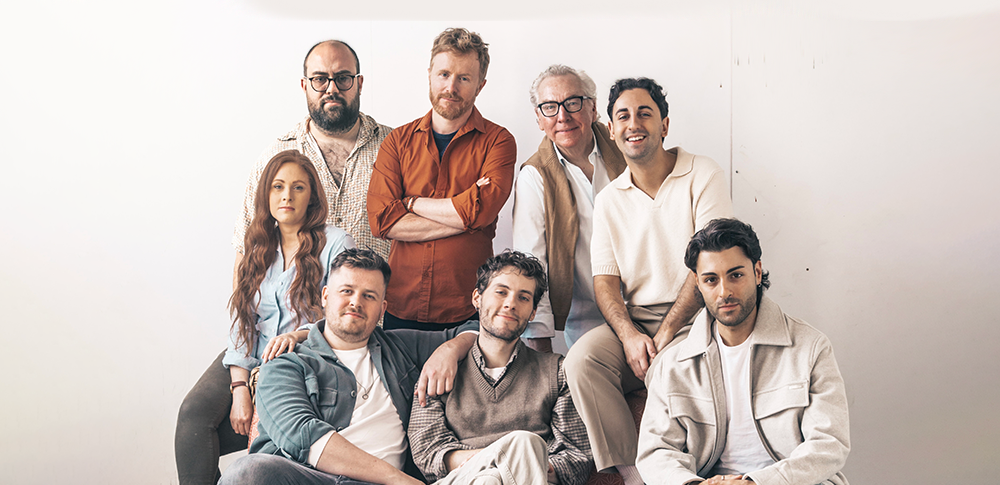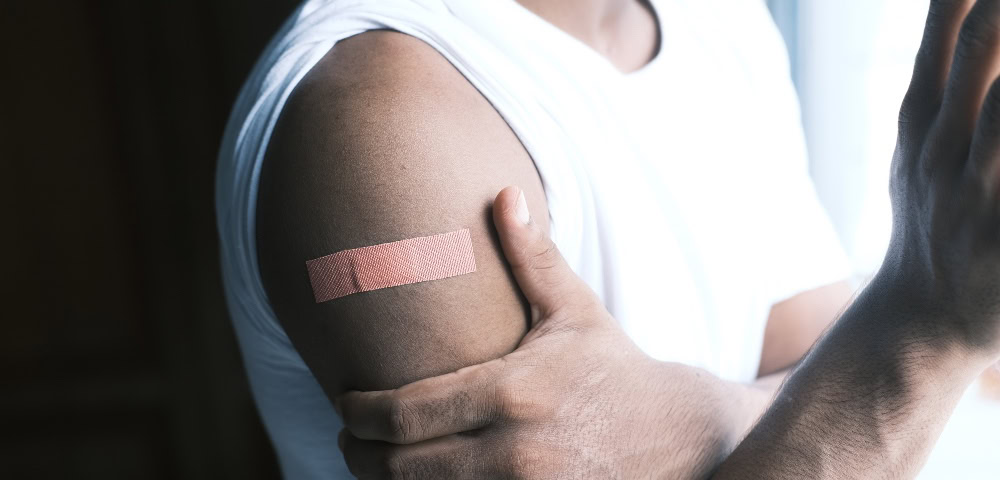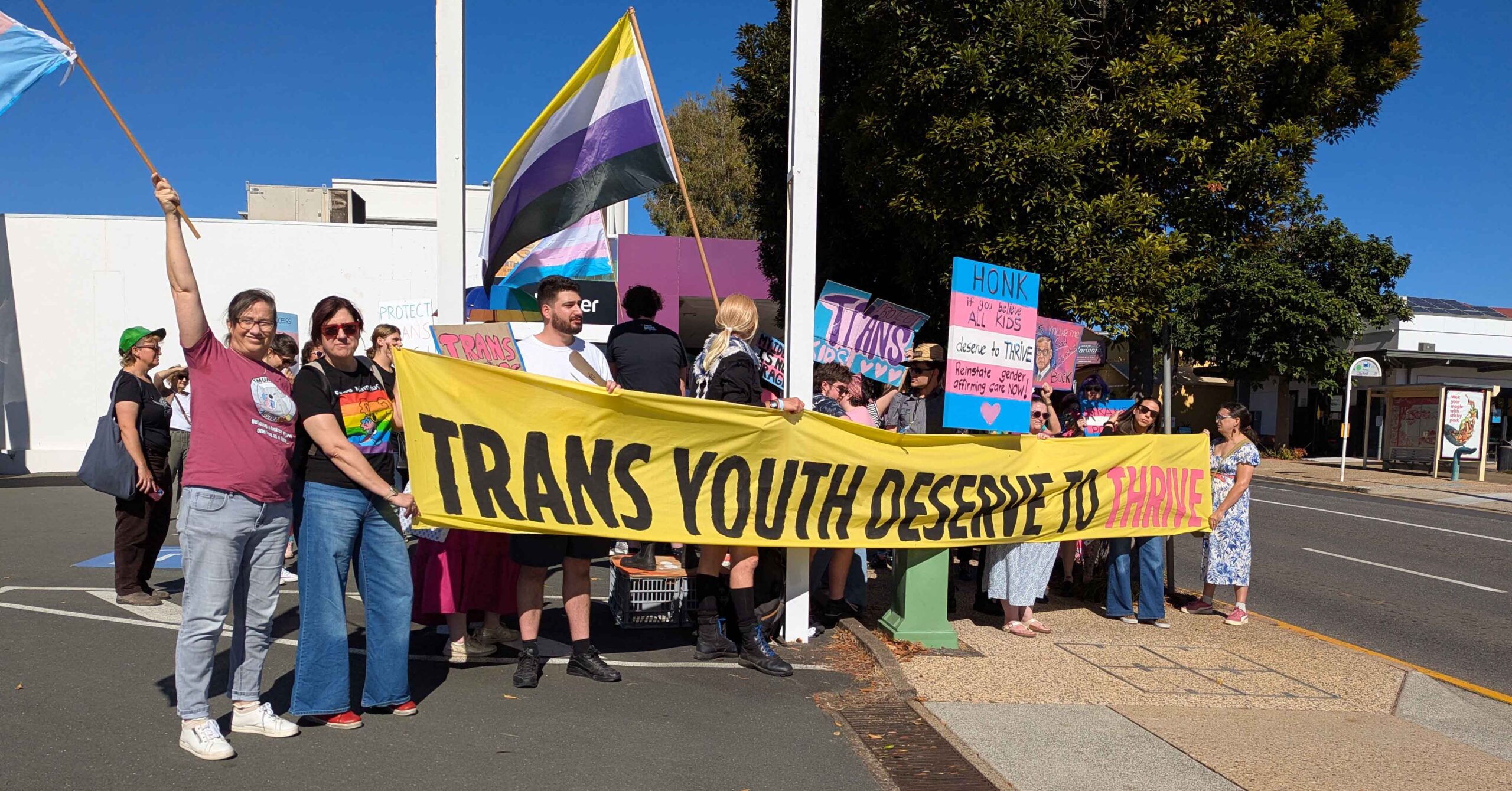
‘It was dreadful’: the struggle to find appropriate healthcare when you’re intersex
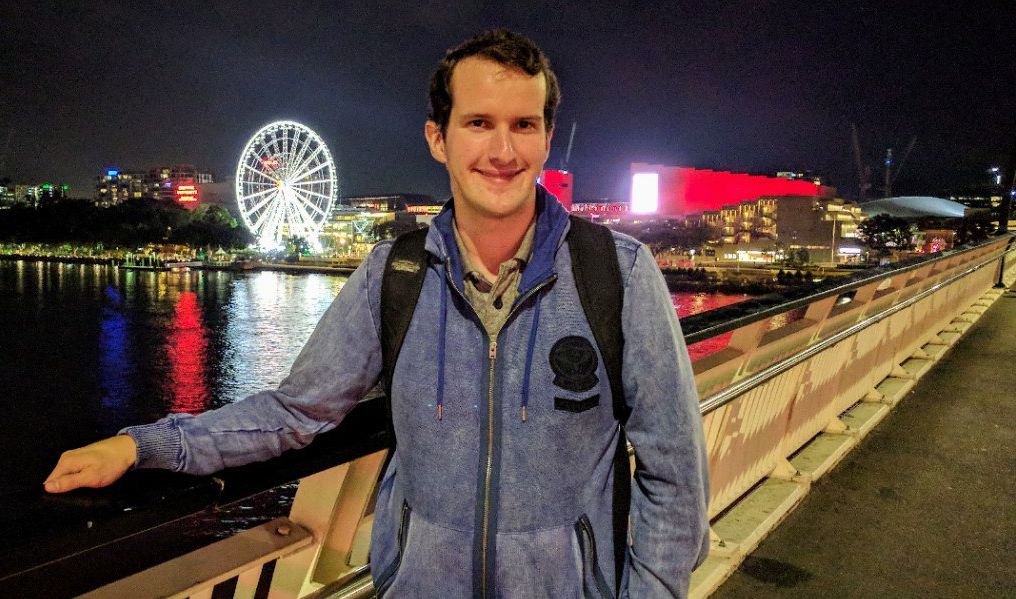
Intersex people are often the least visible community in the LGBTI acronym. Activist Peter Low opened up to Jesse Jones about his story.
***
Intersex activist Peter Low almost died because his doctors didn’t know how to manage his hormones.
Intersex is the often-silent I in LGBTI, with many people—even within our community—unsure of what it means. Yet almost 2 per cent of people are born with an intersex variation, meaning their bodies, hormones, or chromosomes don’t fully match stereotypes of male and female.
Notably, intersex does not mean trans or non-binary gender—most intersex people are cis, identifying with their sex assigned at birth.
Low became a director of Intersex Human Rights Australia (previously known as Organisation Intersex International Australia) earlier this year.
He has Klinefelter syndrome, meaning he has an extra X chromosome.
Causing potential symptoms from breast growth to sterility, it’s one of the most common intersex variations, but even specialist doctors often don’t know what to do with it.
“I was sent to an endocrinologist, and he was honestly really bad,” Low says.
“He had no clue what he was doing. He didn’t know anything about the management of XXY, he was hopeless.”
Low was put onto testosterone injections to manage some of his physical symptoms, but the doctor got the dosage wrong, causing his hormone levels to skyrocket over several years.
“My testosterone was way too high and I was having withdrawals, almost psychotic, leading up to each injection,” he says.
“Every time I went to see the endocrinologist, he said he didn’t know what was going on and there was no physiological explanation. It was really stressful, dreadful. I was out of control in my life.”
Low was finally referred through an intersex support group to a new doctor, who discovered his testosterone levels were life-threateningly high.
“My blood was thickening and I was at risk of having a stroke,” he says.
Once his treatment was adjusted, he had to take a year off university while his body returned to normal.
Now finishing his paramedic degree, Low doesn’t want anyone else to go through the same kind of experience he did. As well as working with IHRA to advocate for intersex rights, he hopes to enter medical school next year to become a doctor and eventually an endocrinologist himself.
Low was involved with this year’s intersex retreat at Erskineville in Sydney, and worked towards creating the ally affirmation to the Darlington Statement, which identifies activism priorities.
The Darlington Statement calls for comprehensive legal and medical reforms, including the depathologisation of intersex variations, development of rights-affirming standards of care, protection from discrimination, and bodily autonomy for intersex people. It also prioritises education for healthcare workers about intersex variations.
Low says medical mismanagement of intersex variations happens “all the time”.
“It’s a pretty bad situation in Australia,” he says.
“I’ve heard other horror stories of doctors. But it’s given me motivation to try and change their perspectives.”
You can read more about IHRA’s intersex advocacy at: ihra.org.au.




